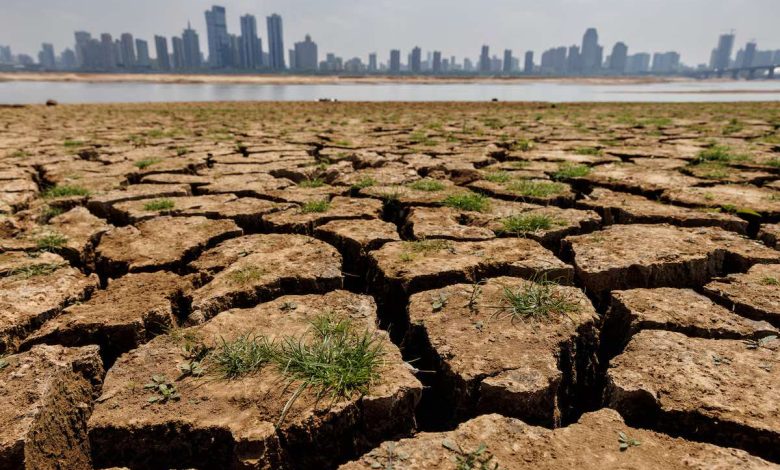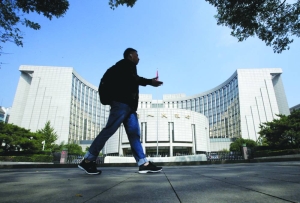Egypt pioneer in fight against climate change in MENA region

It goes without saying that the global phenomenon of climate change has caused the world huge losses, both economic and human.
According to a recent report issued by Christian Aid International, issued in June 2024, with the title “Climate Breakdown 2024”, the world’s economic losses because climate change amounted to $41 billion.
Egypt has taken key steps and adopted mechanisms amid such losses, foremost of which has been enhancing investment in renewable energy. This is likely to help reduce the economic costs the side effects resulting from traditional energy sources, which offer a major cause of climate change.
According to another recent report issued by the Cabinet’s Information and Decision Support Centre in under “The Future of the Transition to Clean Energy in Egypt”, Egypt was the first country in the Middle East and North Africa region to issue green bonds, in 2020.
Egypt’s Integrated Sustainable Energy Strategy, adopted in 2015 confirms the country’s ambition to become an energy hub betweenEurope, Asia and Africa by expanding grid interconnections across the Arab region and beyond.
Egypt is home to a wide array of untapped solar and wind resources, and according to the ISES2035, renewable energy capacity should contribute 42 per centof power capacity by 2035
The country has also launched the National Climate Change Strategy 2050, and updating the Nationally Determined Contributions (NDCs), in June 2023, as part of the mission to combat the effects of climate change.
Egypt has carried out several new and renewable energy projects, foremost of which is the Benban, located about 35 km northwest of Aswan in the village of Benban in the Daraw Center.The project includes four transformer stations – Benban (1,2,3,4) – to discharge the energy produced from the solar stations
These steps have put Egypt at the forefront of countries fighting climate change in the Middle East and North Africa region, according to experts.
El-Sayed Sabri, an expert on climate change and sustainable development, said that all sectors have been affected by the crisis.
“The first, and most affected sector, is the agriculture, because when plants are exposed to unsuitable environmental conditions, this is fatal. Plants have no reaction except to wither,” Sabri explained.
Water resources is the second key sector affected by the phenomenon, in addition to health sector, as most human groups are unable to tolerate high temperatures.
Sabri believes that there is no solution to eliminate the effects of climate change completely, since this is the result of a natural phenomena beyond human control.
However, he referred to intensive efforts, here, as well as around the globe are being exerted for the sake of adaptation, and reducing the risks of climate change, he said.
“Egypt seeks to achieve sustainable environmental development through its commitment to social responsibility to improve the quality of life and preserve public health, and focus on achieving a balance between continuing industrial production and preserving the health of individuals,” Sabri explained.





